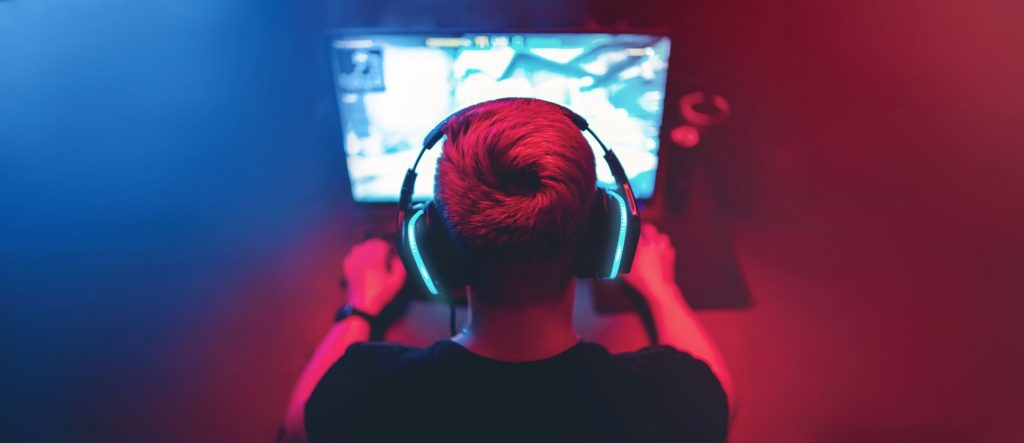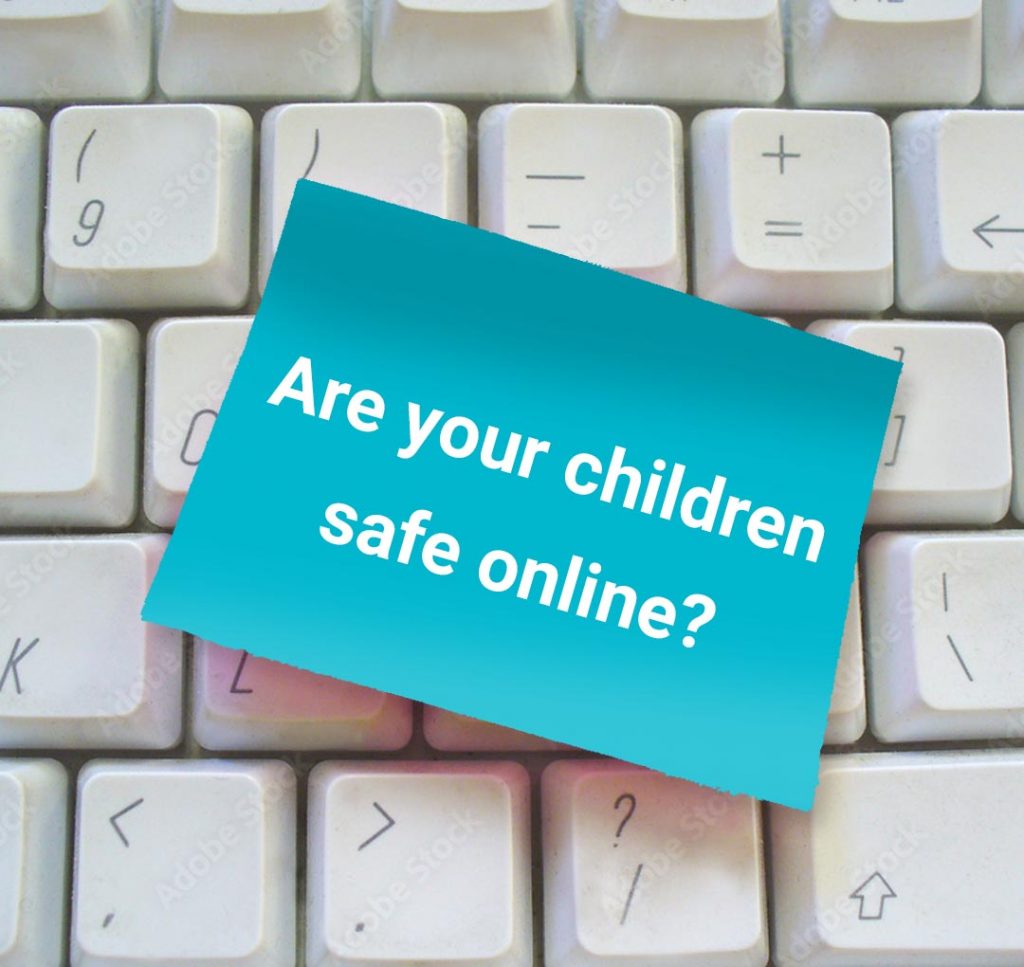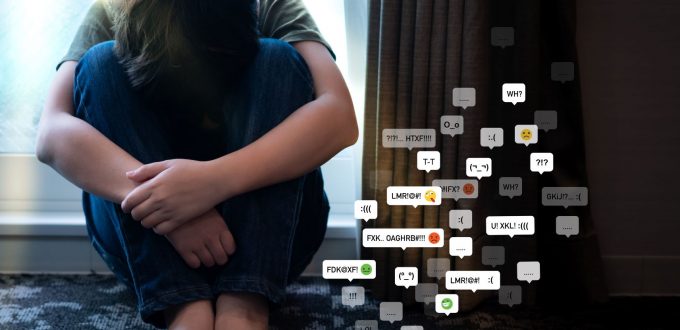The answer is simple, YES.
How do they speak with strangers online?
The thought of a stranger approaching our children online is every parent’s nightmare. What some don’t realise is that there is no denying that our children are speaking to strangers online daily. Now, don’t get us wrong, this doesn’t mean there are criminals at the other side of the screen, keyboard or controller every day looking to scam our kids or worse. Often the worst strangers and the ones who cause the most damage and hurt to children are their peers. Whether it might be rivalry from other schools taken too far or just another kid the same age being a bit inappropriate. Even with the best monitoring and the most open household discussions around safe internet use, kids encountering strangers online is inevitable. How is this possible?
Online activities and being online includes a multitude of outlets for communication. However, in this blog, we are going to focus on just two mediums, social media and online gaming.

Social Media
Social media is undoubtedly the best modern-day form of communication between people of all ages, normally ranging from pre-teen to retirement age, but of course in some cases younger. We cannot rule out that our children will speak to strangers online. If we look at our own behaviour, many of us have chatted with strangers online, or even met friends or partners that way. Social media platforms allow us to speak to virtually anyone.
What should parents watch out for?
Cyberbullying, drama, and time spent on social media are all hazards of social media chatting. Unwanted contact, such as predatory behaviour or inappropriate requests, is a risk—and it can come from strangers or kids they know. Photos, videos, and comments made online usually can't be taken back once they're posted. Even when a teen thinks something has been deleted, it can be impossible to completely erase it from the Internet. The risk of any inappropriate content being shared online can cause a risk of damaging a child's reputation and mental health far into the future.
How and when should we intervene?
Every parent knows their child best, so one of the best ways to know when to intervene would be when you see a change in behaviour in your child. Kids', when subjected to cyberbullying, the mood will change, they might become more reclusive, quieter, struggle with meeting up with friends and doing things they normally would enjoy. Look out for this and if this is the case it might be time to pick up the phone and have a quick glance through the apps.
Online Gaming
Kids play with friends they know in real life but competing against new people is a huge part of the fun. Games can offer young people a sense of escape from the reality of the world and the social aspect of some games can help children feel part of a community. Playing online isn't all fun and games—children are at risk from bullying, identity theft, credit card fraud and even sexual exploitation.

What should parents watch out for?
Game chat — whether voice, video, or written—can run the gamut from edgy (with graphic language) to cruel (including hate speech and homophobic slurs) to kind (since gamers can forge friendships through gaming). Game chat can be totally off-topic, too. Be aware that not all game chat occurs on the platform kids play on. Some gamers prefer to use the chat app Discord to talk with their teammates, so you'll want to find out whether your kid uses it (it has the same visibility as other social media).
How and when should we intervene?
Intervention should definitely occur when there is suspicion of addiction or there is obvious bad behaviour taking place while gaming with others. It’s important to understand that the levels of dopamine that games create in the brain are only a tenth of those created by chemical substances that can be addictive. Changing behaviour is about helping children form new habits rather than chemical withdrawal-like substance abuse.
Zeeko Internet Safety Seminars
As there is so much information surrounding the internet and how to be safe online, we understand that sometimes it can be overwhelming. Zeeko Education provides Internet Safety training both virtually and on-site to suit every school’s needs. Some of our packages also include parent seminars to ensure you are up to date with the most relevant information for your child, their class, and their age group. Read more on our seminars here or forward this link to your child's teacher.
Don't forget to sign up for our Parents Blog List here. Teachers can sign up for our Monthly Teachers Newsletter here.


